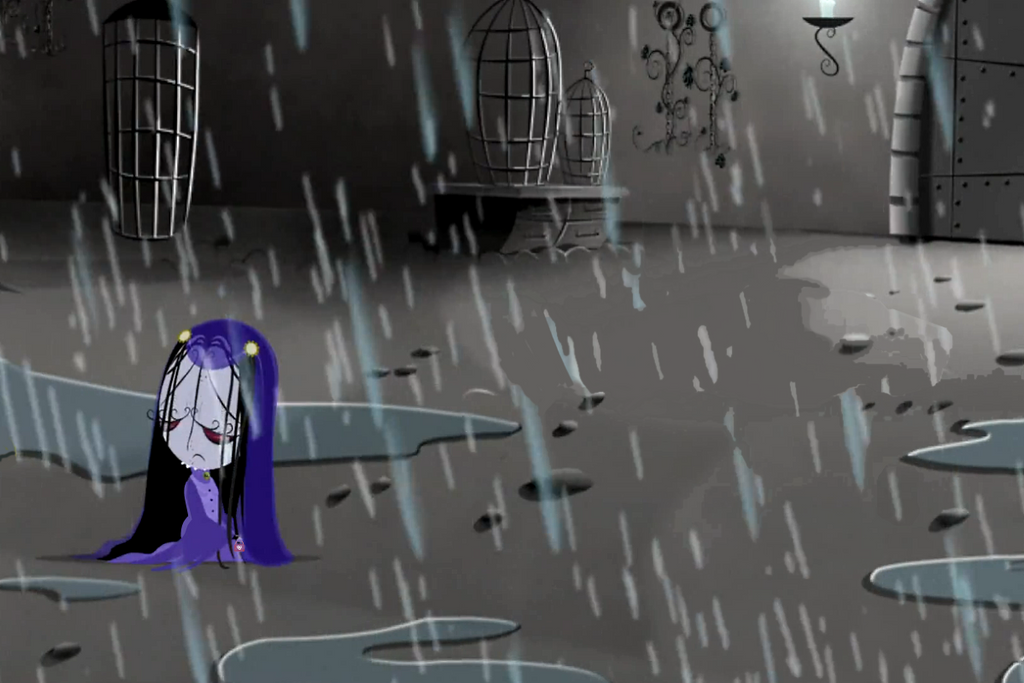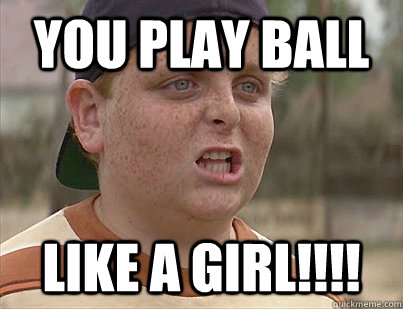I have to admit, I started Saturday morning with a pretty sad attitude as I sat in the rain in Central Park, waiting for Shakespeare in the Park tickets, curled up in as tight a ball as ever.

Luckily the sun came out, and after a short dance party we all were in much better moods.
As part of our seminar, the group began to discuss one of our assigned texts for the week: “To Render Ourselves Visible: Women of Color Organizing & Hurricane Katrina” written by Alisa Bierria and Mayaba Liebenthal (2007). This essay criticized the work of several organizations that came to New Orleans to help after Katrina. As the authors explain, many non-local organizations tended to address surface level issues present as a result of Hurricane Katrina (for example, domestic violence), but failed to address the poverty that was present before and continued after the hurricane. Poverty, they argue, plays a major role in the intensification of gender violence that occurs in the wake of natural disasters. As Bierra and Liebenthal explain, “cramped living conditions (families housed in small travel trailers, or in overcrowded homes and shelters) and high stress situations increase the prevalence of domestic violence” (Bierra and Liebenthal, 2007). By failing to address the underlying poverty at play, organizations are positioned to make little significant change, if not do harm themselves.

Reflecting on this, I began to wonder whether Sanctuary for Families (SFF) is also set up to simply put a “bandaid” on the issue of domestic violence, without addressing the issue of poverty that can lead to such violence. Upon further consideration, I realized that many of SFF’s programs may appear to solely address the aftermath of poverty (i.e. domestic violence), such as SFF’s housing, legal services, and child care programs, but these programs, in combination with SFF’s new Economic Empowerment Program (EEP), allow Sanctuary to help women already affected by violence and prevent future violence.
EEP gives women the tools to be financially and economically independent, helping address the issue of poverty and break the cycle of violence. Not only can poverty lead to situations in which gender violence is more common, female poverty in particular can make it extremely hard for a victim to leave her abuser, who she may depend on financially. I think EEP is a very valuable program that is complimented by the other services offered at SFF.

I am excited to learn more about the different programs that SFF offers and how these programs work towards ending domestic violence by attacking its roots and addressing the current needs of domestic violence survivors.












